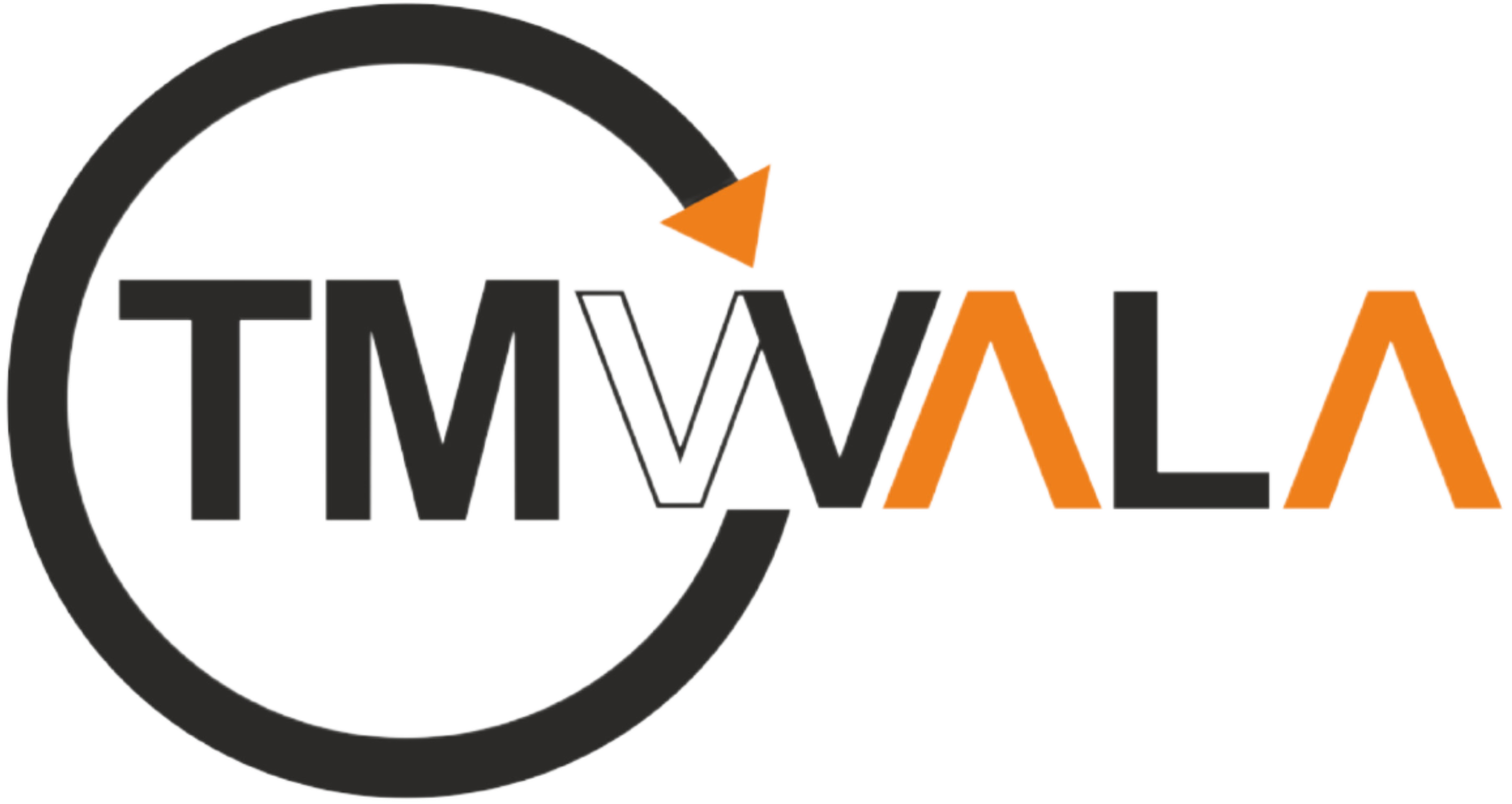What is a Vendor Contract?
A vendor contract, also known as a vendor agreement, is a business contract between two parties covering the exchange of goods or services in return for compensation. Vendor contracts establish the business relationship conditions and include details on each party’s obligations under the contract.
Definition
A vendor agreement is a legal document that stipulates the provisions regarding the work performed by the vendor. It specifies the conditions regarding the performance of certain work and can be made for various purposes like office supplies, consultants, technology, and services.
A vendor agreement is a legally binding contract between a company or organization (the buyer) and an external supplier or vendor (the seller) that outlines the terms and conditions of the goods or services being provided. It defines the rights, responsibilities, and obligations of both parties in the business relationship.
Understanding Vendor Agreement
A vendor agreement is a business contract where two parties agree to exchange goods and services for compensation, for specific amounts and prices. The agreement sets conditions and details under which this exchange will take place and can either be a one-time transaction or occur regularly. They are often used for events, such as weddings or trade shows.
One benefit of an agreement is that it allows the event host or vendor to set conditions by which the vendor can operate, helping maintain control and prevent unwanted chaos. The document is enforceable in court and helps define payment terms and address unauthorized access.
The agreement can also specify conditions for what should happen if either party cannot honor their side of the agreement. For example, if a caterer fails to deliver a wedding cake on time, compensation other than a new cake can be demanded.
Who Creates a Vendor Agreement?
Vendor agreements are usually created through a collective effort between the buyer and the vendor. Legal, procurement, and relevant departments from both sides are usually involved in drafting and negotiating the terms of the agreement.
Advantages of Vendor Agreement
- Increase in Efficiency: Clearly determining security policies, financials, and other important aspects helps increase efficiency and develops an effective supplier and vendor relationship.
- Minimizes Liabilities: A well-defined consultancy contract minimizes the risk of future lawsuits by defining the rights and responsibilities of involved parties.
- Exercise Legal Rights: In case of deficiency in goods and services provided, the customer can sue the vendor.
What To Include In Your Vendor Agreement?
Several basic elements should be included in a vendor agreement, whether you are the event host or the vendor. Most venues have these agreements as templates, and they can be measured against a set of criteria. It is better to avoid an unfair contract than to sign and face the consequences later.
Scope of Vendor Agreements
The contract must convey what the vendor will be doing for or supplying to your business. It will specify the products or services provided and the conditions under which they should be delivered. For example, if you are buying cookies, you can specify that the cookies must be freshly baked, chewy, and whole. Broken cookies would be grounds for liability on the vendor’s part.
Specificity is paramount to avoid mistakes due to miscommunication. This protects both you and the vendor by making clear from the start what is being requested and what the vendor is expected to provide.
Benefits of Vendor Contracts
- Minimizes Liabilities: A well-defined vendor contract minimizes the risk of future lawsuits by clearly defining the rights and responsibilities of the involved parties.
- Defines the Process: A vendor contract can detail the exact job description of the vendor, their requirements, and their mode of transaction for remuneration.
Purpose of a Vendor Contract
A vendor contract sets the rules for a business and its vendor. It outlines what the vendor will provide, the cost, and the delivery schedule. The contract also details what both parties need to do and how to handle disagreements. An understandable vendor contract helps both the business and the vendor avoid complications and safeguard their interests.
Importance of Vendor Agreement
- Clarifies Expectations: Establishes clear expectations and responsibilities for both parties regarding the goods or services provided.
- Minimizes Risks: Outlines the terms and conditions of the business relationship, including payment terms, warranties, and liability.
- Protects Confidential Information: Includes provisions for protecting confidential information, trade secrets, and intellectual property.
- Prevents Disputes: Specifies the process for resolving disputes, reducing the likelihood of costly legal battles.
- Legal Compliance: Ensures compliance with legal requirements, such as tax obligations and regulatory compliance.
Types of Vendor Contracts
- Fixed Price Contract: The buyer and seller agree on a set price for a defined product, regardless of any changes that may affect its cost or value.
- Cost Reimbursable Contract: The buyer agrees to pay the seller a standard fee, plus extra for any work related to fulfilling the contract.
- Material and Time Contract: The buyer and seller agree on an hourly rate and timeline.
- Letter Subcontract: A part of the work, usually less than 40%, is done during a subcontract phase.
- Indefinite Delivery Contract: A flexible contract for an uncertain quantity of goods or time of service.
- Distribution Agreement Contract: An agreement between a distributor and a vendor about how, when, and where a product will be distributed.
Important Clauses in a Vendor Agreement
- Payment or Consideration Clause: Specifies the payment method, modes of payment, how the payment will be made, and the time period for payment. It should also mention any interest charged for delayed payment.
- Duration and Termination Clause: Mentions the term of the agreement, typically for a fixed period but renewable after expiry.
- Confidentiality Clause: States what aspects of the relationship need to be kept confidential and the duration for maintaining confidentiality.
- Representation and Warranty: The vendor guarantees the quality and timely delivery of goods and services.
- Indemnity and Disclaimer: Limits liability and provides compensation for losses incurred due to the actions of either party.
- Limitation of Liability: Limits the liability of the vendor and the business owner in case of breaches or negligence.
- Independent Contractor: States that the vendor is an independent contractor and not an employee of the business owner.
- Dispute Resolution: Outlines the method for resolving disputes, including arbitration details and applicable laws.
Conclusion
Every vendor agreement should be tailored to the specific requirements of the goods and services, and the rights and obligations of both parties. This helps mitigate risks and prevent conflicts or confusion. Additional clauses such as force majeure, waiver, severability, and assignability are also important and form part of the agreement.
FAQs on Vendor Contracts
1. What is a vendor contract?
A vendor contract (or vendor agreement) is a legally binding business contract between a buyer and a seller that outlines the exchange of goods or services in return for compensation.
2. Why is a vendor agreement important?
It helps clarify expectations, minimizes risks, ensures legal compliance, protects confidential information, and prevents disputes by outlining clear terms and conditions.
3. Who creates a vendor agreement?
Vendor agreements are typically created collaboratively by the buyer, the vendor, and relevant teams such as legal, procurement, or finance.
4. What should be included in a vendor agreement?
Essential elements include the scope of work, payment terms, delivery timelines, confidentiality clauses, warranties, indemnity provisions, termination terms, and dispute resolution methods.
5. What are the advantages of having a vendor agreement?
They increase efficiency, minimize liabilities, protect legal rights, and establish a structured process for both parties in the business relationship.
6. What are the different types of vendor contracts?
Common types include fixed price contracts, cost reimbursable contracts, time and material contracts, letter subcontracts, indefinite delivery contracts, and distribution agreements.
7. How do vendor agreements minimize risks?
By clearly defining responsibilities, liabilities, warranties, and dispute resolution processes, vendor agreements reduce the chance of misunderstandings and legal conflicts.
8. What are important clauses to include in a vendor agreement?
Key clauses include payment/consideration, duration and termination, confidentiality, representation and warranties, indemnity, limitation of liability, independent contractor status, and dispute resolution.
9. Can vendor agreements be customized?
Yes. Each vendor agreement should be tailored to the specific goods, services, risks, and obligations of both parties to ensure it meets business needs and avoids unfair terms.
10. What happens if one party breaches a vendor contract?
If a party fails to honor the agreement, remedies such as compensation, dispute resolution through arbitration, or legal action may be pursued, depending on the contract terms.














